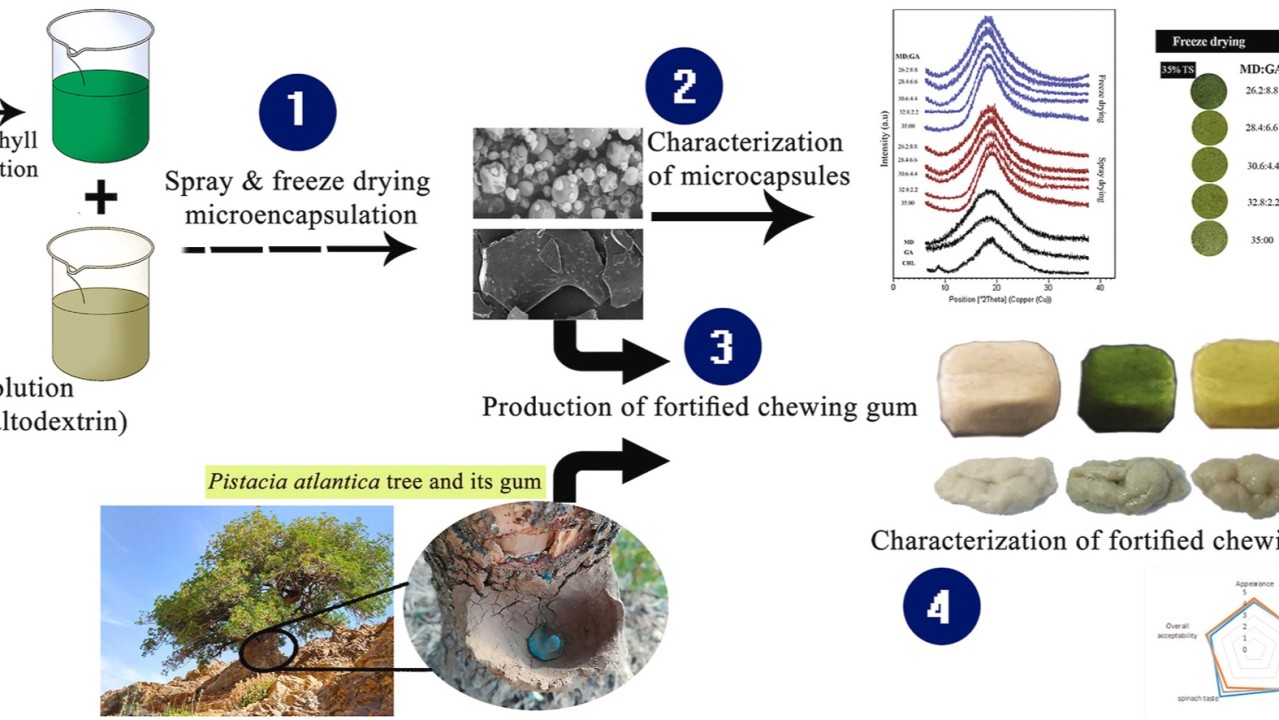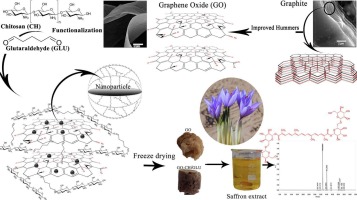By Sara Arabmofrad, Mahsa Bagheri,
Hamid Rajabi, Seid Mahdi Jafari
- Department of Food Materials and Process Design Engineering, Gorgan University of Agricultural Sciences and Natural Resources, Gorgan, Iran
Available online 26 June 2020, Version of Record 26 June 2020.
Abstract
In the last decade, a dramatic advancement has been made in the adsorption process and methods to remove contaminants or recycle valuable compounds from industrial effluents. Particularly, nanoscience and nanotechnology, which is growing very rapidly, has opened new horizons in different fields including nanoadsorption, for example, resins, nanoclays, graphene, and metal oxides. Nanoadsorbents have unique characteristics like high surface area, small size, high stability, high reactivity, and can be regenerated many times. The mechanism of adsorption is adhesion of a solute of a fluid phase (adsorbate molecule) through molecular interaction onto the porous surface of an adsorbent material. Nanoadsorbents have infinite applications in various industries, such as wastewater treatment and water purification in water and environment industry, production of nanofertilizers in the agriculture industry, and recovery of some valuable compounds from food and beverage by-products in the food industries. This chapter reviews the properties of nanoclay, zero-valent iron nanoparticles, active carbon, and graphene oxide as abundant, low-cost, and applicable sources for removal and adsorbing agents in the food industry, as well as discussing their characteristics, classification, adsorption isotherms, and models, plus their application in the food sector.
References (0)
Cited by (4)
-
Electrostatic field as an emergent technology in refining crude oils: a review
2024, Critical Reviews in Food Science and Nutrition -
Decolorization of Wastewater from Pulp and Paper Industry by Adsorption on Talc
2024, Chemical and Biochemical Engineering Quarterly -
The Absorbents Nanoporous Structures Regeneration for Industrial Dryers by Microwave Energy
2022, Lecture Notes in Networks and Systems




